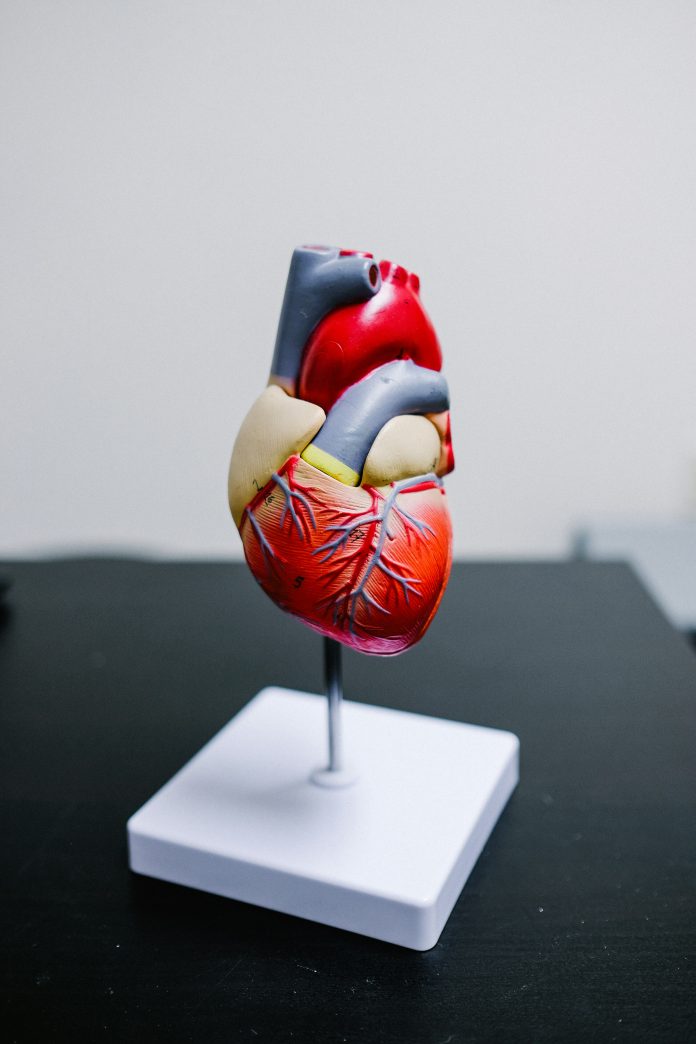Table of Contents
Heart disease is a leading cause of morbidity and mortality worldwide, accounting for millions of deaths annually. The good news is that it is largely preventable, and incorporating simple yet effective lifestyle changes can significantly reduce the risk of developing this debilitating condition. Individuals can take proactive steps toward shielding their hearts from damage by making informed choices about diet, exercise, and stress management.
This article outlines the top ways to prevent heart disease, providing readers with a comprehensive guide to maintaining a healthy heart and reducing the likelihood of heart-related complications. What can be done to avoid the number one killer in the world, heart disease, which claims millions of lives every year?
Understanding Heart Disease
Heart disease, also known as cardiovascular disease, is a condition where the heart’s arteries become damaged or clogged, leading to heart attacks, strokes, and other cardiovascular problems. It is a complex and multifaceted condition caused by genetic, lifestyle, and environmental factors.
The Risks of Heart Disease
The risks of heart disease are numerous and can have devastating consequences. According to the World Health Organization, heart disease is responsible for 17.9 million deaths annually, which is approximately 31% of all global deaths. In the United States alone, heart disease claims over 650,000 lives every year. The risks of heart disease are not limited to death, as it can also lead to chronic illness, disability, and a significantly reduced quality of life.
Top Ways to Prevent Heart Disease
Fortunately, there are many ways to prevent heart disease, starting with making informed lifestyle choices. Here are the top ways to prevent heart disease:
1. Maintain a Healthy Diet
A healthy diet is essential in preventing heart disease. Eating a diet rich in fruits, vegetables, whole grains, and lean protein can help to reduce the risk of heart disease by:
| Food Group | Benefits |
|---|---|
| Fruits and Vegetables | High in antioxidants, fiber, and potassium, which can help to lower blood pressure and cholesterol levels |
| Whole Grains | Rich in fiber, vitamins, and minerals that can help to lower cholesterol levels and improve digestion |
| Lean Protein | Helps to reduce saturated fat intake and can help to lower cholesterol levels |
2. Exercise Regularly
Regular exercise is crucial in preventing heart disease. Exercise can help to:
- Lower blood pressure and cholesterol levels
- Improve circulation and reduce the risk of blood clots
- Increase overall cardiovascular health
The American Heart Association recommends at least 150 minutes of moderate-intensity aerobic exercise or 75 minutes of vigorous-intensity aerobic exercise per week.
3. Quit Smoking
Smoking is a significant risk factor for heart disease, and quitting can greatly reduce the risk of heart disease. Smoking damages the cardiovascular system and increases the risk of heart attacks, strokes, and other cardiovascular problems.
4. Manage Stress
Chronic stress can increase the risk of heart disease by raising blood pressure, increasing the heart rate, and promoting unhealthy behaviors such as overeating and smoking. Engaging in stress-reducing activities such as yoga, meditation, and deep breathing exercises can help to manage stress and reduce the risk of heart disease.
5. Get Enough Sleep
Getting enough sleep is essential in preventing heart disease. Chronic sleep deprivation can increase the risk of heart disease by:
- Raising blood pressure and cholesterol levels
- Increasing the risk of obesity and diabetes
- Promoting unhealthy behaviors such as overeating and smoking
The National Sleep Foundation recommends 7-9 hours of sleep per night for adults.
6. Monitor and Manage Blood Pressure
High blood pressure is a significant risk factor for heart disease, and monitoring and managing blood pressure is crucial in preventing heart disease. The American Heart Association recommends:
| Blood Pressure Category | Systolic Pressure | Diastolic Pressure |
|---|---|---|
| Normal | Less than 120 mmHg | Less than 80 mmHg |
| Elevated | 120-129 mmHg | Less than 80 mmHg |
| Stage 1 Hypertension | 130-139 mmHg | 80-89 mmHg |
| Stage 2 Hypertension | 140 mmHg or higher | 90 mmHg or higher |
7. Get Regular Check-Ups
Regular health check-ups are essential in preventing heart disease. Regular check-ups can help to:
- Monitor blood pressure, cholesterol levels, and other heart health metrics
- Identify risk factors and take preventative measures
- Receive early treatment for any heart health problems
8. Maintain a Healthy Weight
Maintaining a healthy weight is crucial in preventing heart disease. Excess weight can increase the risk of heart disease by:
- Raising blood pressure and cholesterol levels
- Increasing the risk of obesity and diabetes
- Promoting unhealthy behaviors such as overeating and smoking
9. Limit Saturated and Trans Fats
Saturated and trans fats can increase the risk of heart disease by raising cholesterol levels and promoting plaque buildup in the arteries. Limiting saturated and trans fats can help reduce heart disease risk.
10. Get Enough Omega-3s
Omega-3 fatty acids are essential in preventing heart disease. Omega-3s can help to:
- Lower triglycerides and blood pressure
- Reduce inflammation and improve overall cardiovascular health
The American Heart Association recommends 250-500 mg of omega-3s per day.
By incorporating these top ways to prevent heart disease into daily life, individuals can significantly reduce their risk of heart disease and improve their overall cardiovascular health. Remember, prevention is key, and taking proactive steps to prevent heart disease can add years to one’s life and life to one’s years.


